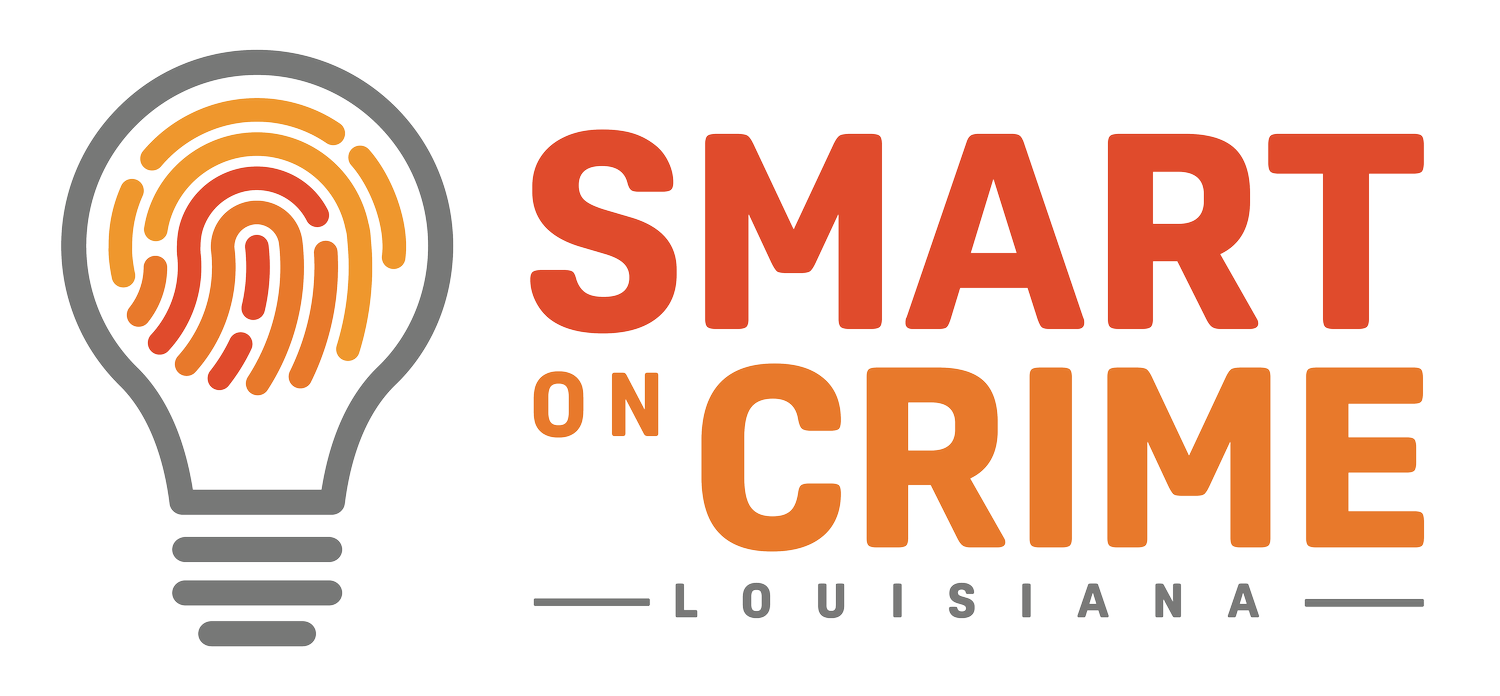LOUISIANANS DESERVE A FAIR CHANCE AT AN OCCUPATIONAL LICENSE
Originally appeared in Pelican Institute for Public Policy, by Ryan Roberts
We often talk about barriers to employment and how hard it can be for people to follow their chosen career path in Louisiana. This is especially the case when it comes to people exiting the justice system. They often face ambiguous “good character” provisions that disqualify them from occupational licensure whether their conviction is directly related to the job they are seeking or not. It is common knowledge that employment reduces the probability of reoffending, but in Louisiana, we don’t let them have a fair chance at obtaining an occupational license.
A recent report by the Kane Center for Opportunity Policy highlights the unintended effects of overly stringent occupational licensure regimes. Research shows states with the strongest restrictions on former inmates entering licensed professions had higher recidivism rates. States with the highest burden saw recidivism grow by 9 percent compared to an average of just 2.6 percent from 1997 to 2007. Louisiana has one of the most burdensome licensure regimes in the country leading to higher recidivism rates and lower public safety.
Not only are the licensure requirement onerous, but they also require justice-involved citizens to go through expensive training and education without any idea of whether they are even eligible at the end of the training to get the license. To give justice-involved citizens a fair chance, a pre-eligibility check prior to education or training will let Louisianans know if their conviction disqualifies them from licensure before going into debt.
As a justice-involved Louisianan goes through the licensure process, they will also run up against good character provisions that allow boards broad discretion to refuse licensure to people just because of their conviction. While we would not want someone convicted of fraud to be a certified public accountant (CPA), there is no reason why they should be disqualified from being a barber.
Boards should be required to explain their reason for denying someone a license. They should take into account how long ago their conviction was, the circumstances surrounding it, and whether or not the conviction is directly related to the license being sought. This would give Louisianans reentering society a fairer chance at getting their lives back on track.
Since Louisiana has one of the highest rates of licensure for low to moderate-income professions, many careers are locked behind occupational licenses. Work is the key to helping people rebuild their lives. To increase public safety and help justice-involved citizens find work, we need to give them a fair chance at occupational licensure.
